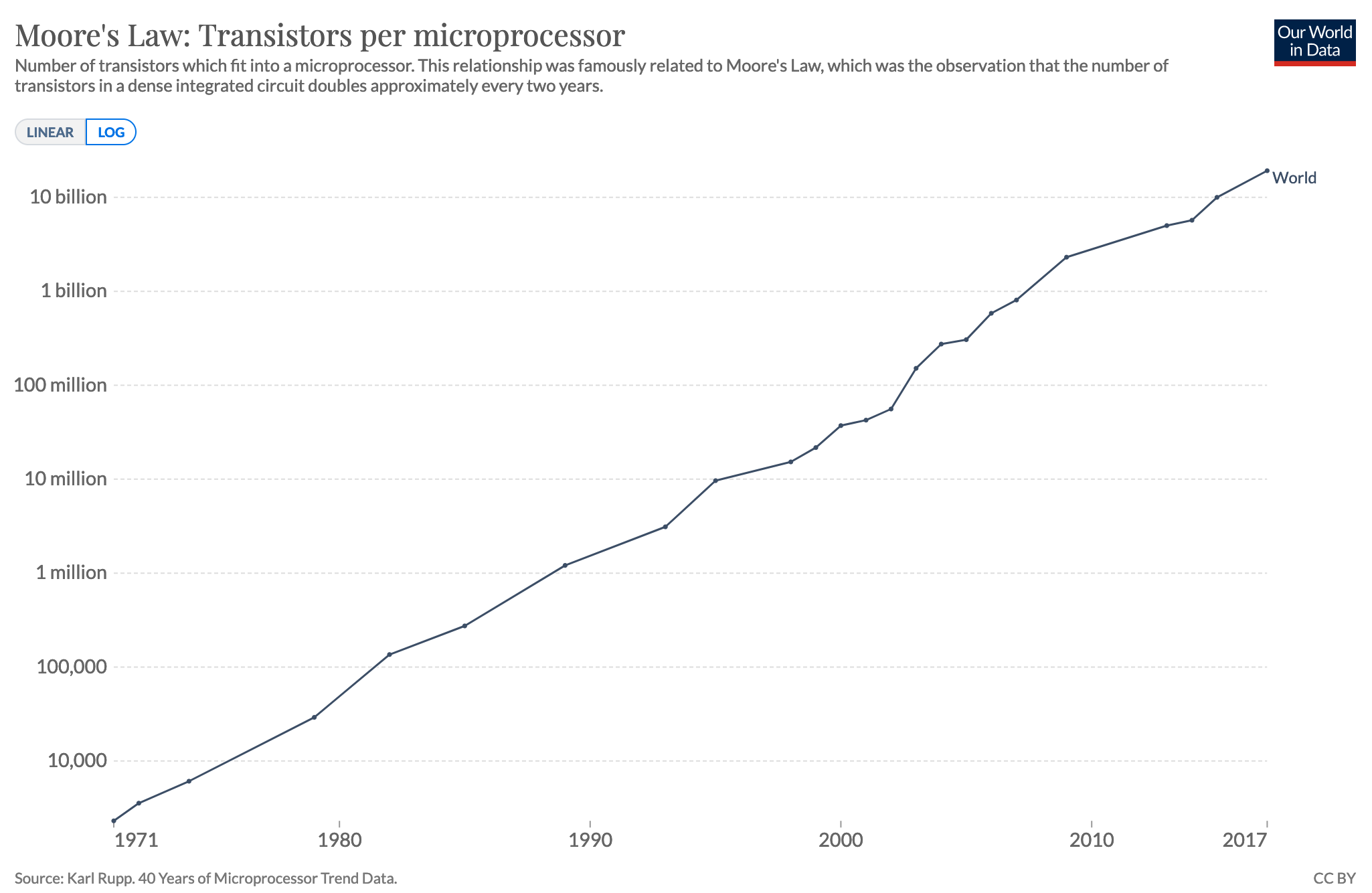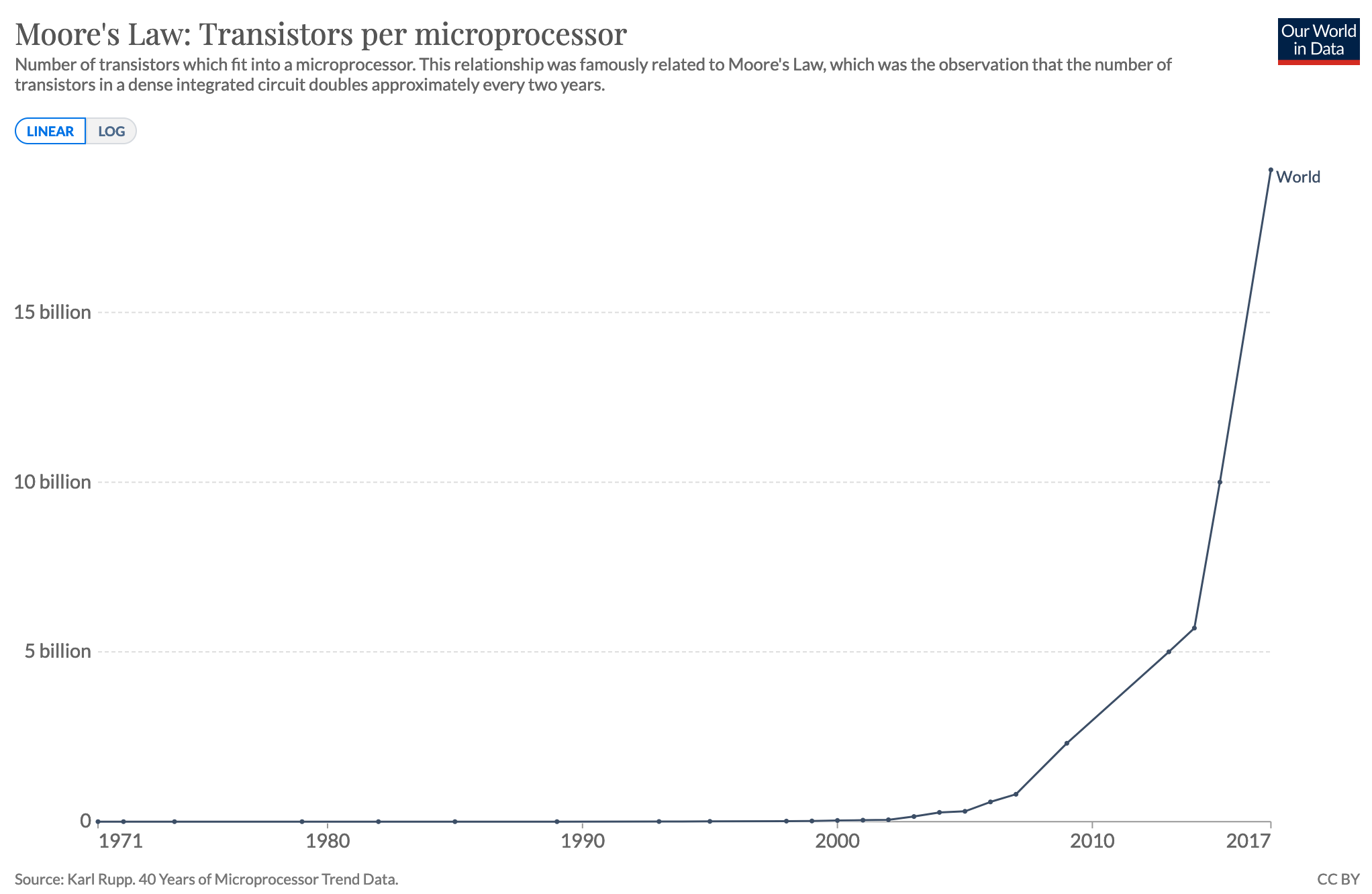Unlearning
The thought of learning new things can be daunting at any point in our lives. This is doubly true in technology, where learning new things often means leaving behind old and familiar concepts and workflows. In reality, though, what we already know can help us learn faster (and better)- so long as we trust ourselves.
But why does there even have to be a new thing?
Technology has always moved fast. The hot new thing has always become popular at the expense of the old, established thing. Modern IT is in this zone. Over the past decade, new ideas such as "X as a Service" on the application side, and "hyperconverged" on the datacenter side have rapidly displaced what could be called "traditional" IT strategies. The incredible pace of this change has left many an IT professional struggling to decide what to do next, and entirely uncertain about what to do with the knowledge they have accumulated over their careers. This particular conundrum is near and dear to my heart, as I was definitely one of those IT professionals. I came up through the ranks as a UNIX/Linux sysadmin guy, and a datacenter-centric one to boot. Not to mention the very old 'big iron' installations I worked with early on. (Seriously. anyone need help with Tru64 or OS/390? ...anyone?)
One common refrain: learn new things! This is certainly valid, and certainly necessary. The pace of technology practically requires continuous learning: if you stay still, you get left behind. For a lot of people, though, the fear of the new is not just trepidation at the effort in front of them. It's also the fear that what was learned (and discarded) was a waste of time. This is an incomplete way of looking at it though. The very act of learning the first thing can (and should) inform the learning of the next thing.
Learning is hard- not least because there is more to learn now than ever
Before we go further, it's worth remembering exactly how fast things are moving in the modern world. Take a look at this graph that shows a breakdown of the progress of the well known "Moore's Law" that shows progress when it comes to CPU power (ok really it counts transistors but work with me here. We're talking generalities, etc.)

Moore's Law: Transistors per microprocessor (displayed logarithmically).
This is the way we usually see the Law displayed, and from this perspective it's very straightforward. Trouble is that, for purposes of readability, this graph has a y-axis listed in powers of 10. In order to truly see the pace of innovation, it's necessary to reframe the graph with a linear y-axis.

Moore's Law: Transistors per microprocessor (displayed linearly).
Now that's more like it. (BTW, to continue this graph to the current day we would have to extend the y-axis up to 114 billion transistors. That's a 10-fold increase in transistor density in the past 5 years.)
That is the kind of hockey-stick looking change graph that really illustrates the pace of progress, especially in the past half century. Ray Kurtzweil, in his 2005 book The Singularity Is Near, described this exponential tendency as "the law of accelerating returns," and it remains consistent in basically any area of human progress. Think of any realm of technology- be it aviation, biology, genome processing, you name it. Do that search and you will see that we are living way out on the business end of the hockey stick when it comes to recent progress.
With that kind of innovation acceleration, it makes sense that the operational best practices will also change just as quickly. The trouble comes in, when the strategies and tricks from old tech clash with the operational best practices of new tech. The growth from a single Hard Drive, to a Mirrored RAID pair, to an abstracted LUN on a storage array, to Storage-as-a-Service may seem linear, but the back-end management and best practices in these cases can be wildly different. What was perfectly reasonable in one instance, may be disastrous in the other.
In with the new, while retaining the experience of the old
And this is where the "unlearning" comes in. Who doesn’t know that sysadmin, who ostensibly writes in Perl, but is really just rewriting LISP? A C-programming master can get around in C++, but what about in C#? Writing events would be a relatively simple task, if the mind were flexible, but if your mentality is still in C++, you’ll be writing threaded infinite loops until your compiler cries out for mercy.
In both cases, it is the “stickiness” of this old knowledge that becomes an obstacle. There is that very rational fear of 'wasting' years of experience by starting over. However, in order to go faster, be more efficient, the old knowledge must be set to the side, so that the new technology can be used at its peak levels of performance. This is true for the individual, as well as the company they work for. Organizations that don’t adapt, that don’t take change as it comes and trust their people, will be left behind.
It’s important to note that this “unlearning” does not really mean completely binning everything that’s come before. Learning, in any field, builds upon learning; when you learn a task in a field you are not just learning that task. You are learning how to learn in that field. And study after study has shown that this means you will learn a new thing 30-50% faster- even if you effectively have to start from scratch. Take languages, for example. It may take years for a new student to master German, but how much faster will they learn Chinese? It is just as essential for them to set aside the grammatical syntax of the former to master the latter. It's the willingness to “unlearn” that will enable a student to be truly fluent, and not just end up hacking through conversations in Chinese with a German accent.
So what does it all mean?
In short: It simply means don't be afraid of learning new things. It is true that there are more things to learn now than ever before. It is true that this pace will likely never let up in any meaningful way in our lifetimes. And it is true that learning is hard. But keep in mind that everything you have learned before still has value, even if what you have to learn now seems totally unrelated. For one thing, all that effort means that have learned how to learn. That alone means the next new thing you learn will be easier to pick up. All you have to do is set aside your preconceptions and unlearn the "hard and fast" rules you learned before.